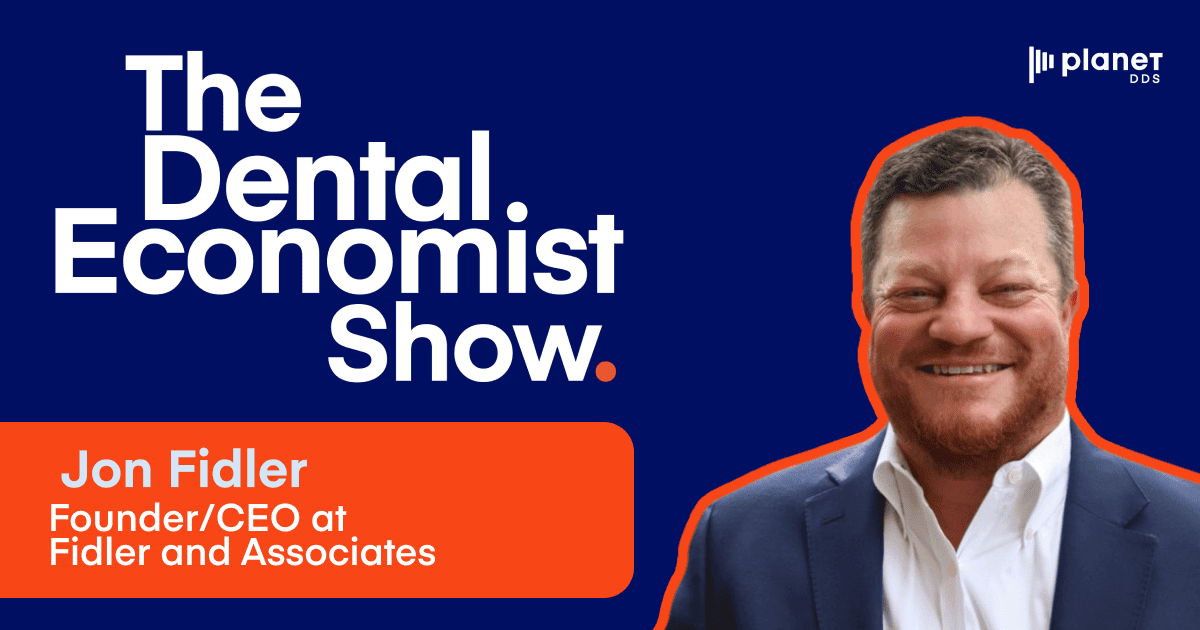Navigating the Shifting Landscape of Dental Recruitment: Insights from an Executive Search Firm

As the dental industry continues to evolve, so do the recruitment strategies and expectations of both employers and candidates. In a recent podcast interview, Jon Fidler, a dental executive search consultant, shared his insights on the changing dynamics of dental recruitment and the challenges faced by dental service organizations (DSOs) in finding the right talent. This blog post will delve into some key takeaways from the interview and shed light on the evolving landscape of dental recruitment.
- Shifting Generational Expectations: With the retirement of the boomer generation and the rise of millennials in the workforce, there is a noticeable shift in expectations and priorities. Gen X currently holds the highest percentage of executive roles in corporate America, but the percentage of millennials in leadership roles is expected to increase. Fidler emphasizes the importance of understanding the unique expectations of candidates from different generations and tailoring recruitment approaches accordingly.
- Balancing Hard and Soft Skills: When it comes to assessing candidates’ skills, Fidler highlights the distinction between hard and soft skills. Hard skills, such as technical expertise and industry-specific knowledge, can be trained and developed. However, soft skills, such as the desire to learn, leadership qualities, and cultural fit, are more intrinsic and harder to teach. Fidler emphasizes the importance of assessing a candidate’s “want to” – their passion, drive, and motivation – as a crucial factor in determining their potential for success in a role.
- The Lengthy Recruitment Process: Filling executive-level roles within DSOs can be a time-consuming process. The duration of the search depends on various factors, including the specificity of the role, geographical considerations, and the candidate market. While mid-management roles may take around 45 to 90 days to fill, C-level executive searches can extend up to six months or more. Fidler emphasizes the need for patience and thoroughness in the recruitment process to ensure the right fit for both the candidate and the organization.
- The Rise of New Roles: As DSOs adapt to changing market dynamics, new roles are emerging within the industry. Fidler notes a shift from business development roles to more analytical positions focused on revenue cycle management, operational efficiency, and technology implementation. These roles require candidates with a keen eye for data analysis and the ability to drive strategic decision-making.
- The Importance of Company Culture: Company culture plays a vital role in attracting and retaining top talent. Fidler emphasizes that culture is not solely defined by what the owners say it is but rather by how employees perceive it. Building a positive culture involves understanding individual employee needs, recognizing their contributions, and creating an environment where they feel valued and rewarded. Fidler highlights the importance of trust, open communication, and aligning employee goals with the organization’s vision.
As the dental industry continues to evolve, so must the recruitment strategies employed by DSOs. Understanding the shifting expectations of different generations, balancing hard and soft skills, and adapting to new roles are crucial for successful recruitment. Moreover, fostering a positive company culture that values and supports employees is essential for attracting and retaining top talent. By staying attuned to these evolving dynamics, DSOs can navigate the changing landscape of dental recruitment and build high-performing teams that drive success in the industry.
